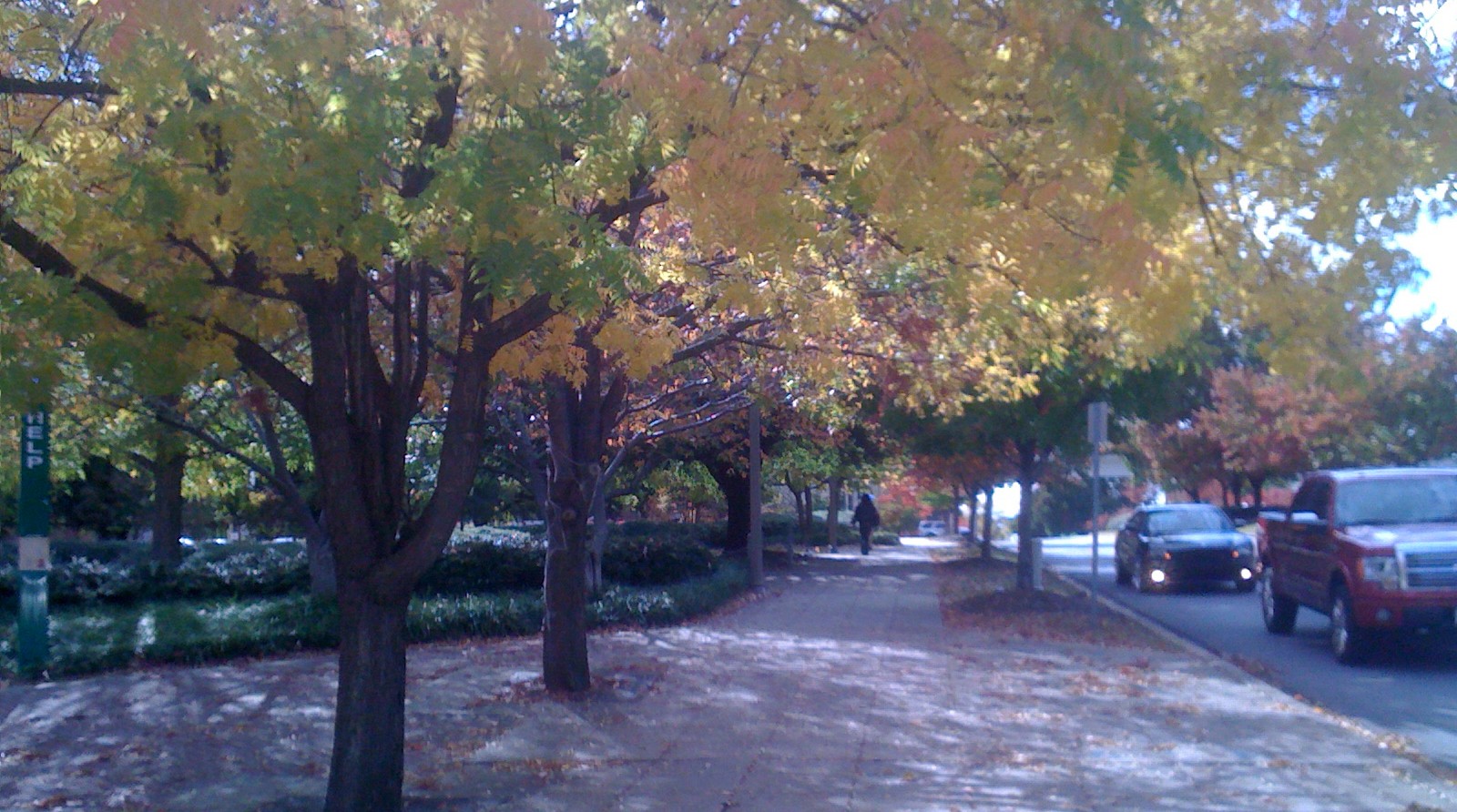Birmingham, that is.
So, you’ve come here from outside the U.S. You want to get a grip on why things work the way they do here. Stick with me, baby, we’ll walk your newcomer butt through the essential intricacies of this town. There’s lots you don’t know, and no one is going tell you, because, to them, it’s so obvious.
What causes that?
- Birmingham hasn’t had a lot of immigration from elsewhere in the US or from abroad since the 1930s.
- Only 20% of Birmingham’s population comes from outside the state.
- Only 3.7% were born outside the U.S.
- Most regional residents haven’t travelled outside the United States.
- Many people who leave after finishing college in their 20s return to be closer to family in their 30s and 40s. But not all. Those who lean more liberal and with more alternative lifestyles tend to stay away.
- Many folk in the region are apathetic regarding many things. They won’t help — and they may or may not quietly hinder, depending on whether they like you. Still working myself to learn and understand the exact roots of the phenom.
- People have long memories here. Especially white people with power. Nursing a grudge for thirty years and then taking action isn’t unusual.
- Many people don’t like change. It’s threatening. They also don’t like risk.
So, what do you, the newcomer need to do?
- Be an anthropologist. Study the locals carefully. Seek to understand the nuances of communication between those of different class and ethnic background. If you are in business, especially when contracting with local governments, this will make the difference between landing the contract – or not.
- If you are seeking to make change (especially when dealing with new technologies!), get a well-connected local partner. You’ll need to make them the front person for team. The veneer of a friendly, understandable face will help slide the rough bits through.
If you are white (I hate this term! I yearn nostalgically for the definition of difference by language!), be aware that for some African-Americans, you are by definition, perceived as a threat and a potential problem. It isn’t about you – it’s about a whole lot of history. For a couple of centuries, within the US, the default assumption for any black person was that the white person could do them serious harm or kill them without penalty. It’s only in the past fifty years, (and really, in the last twenty, with generational change) that it’s been realistic to relax, even a little bit, with regards to this. Remember that bit about white Alabamians having long memories? Everyone else does too. - Consequently, you must take steps to practically demonstrate that you respect their position and authority, and will not impatiently upset the apple cart. Pay attention to relevant processes. Use more formal communication. Respect the authority until given indication that you may be more informal. Use formal titles such as “Mr”, “Mrs”, “Professor” and “Doctor” liberally. Especially if the person addressed is over fifty.
- Many people here have trouble understanding accented English other than Southern. Get used to it. Other than those who’ve spent time outside the US, most haven’t had to train their ears. If you have developed this little skill, there are plenty of opportunities to work and socialize with other come-from-aways. Many immigrants (other than the educated professionals working in the hospitals or at the universities) who haven’t taken language training to reduce their accent difference are disadvantaged in the local job market. If you can interpret accented English, there are a lot of people in the area with underutilized talents.
